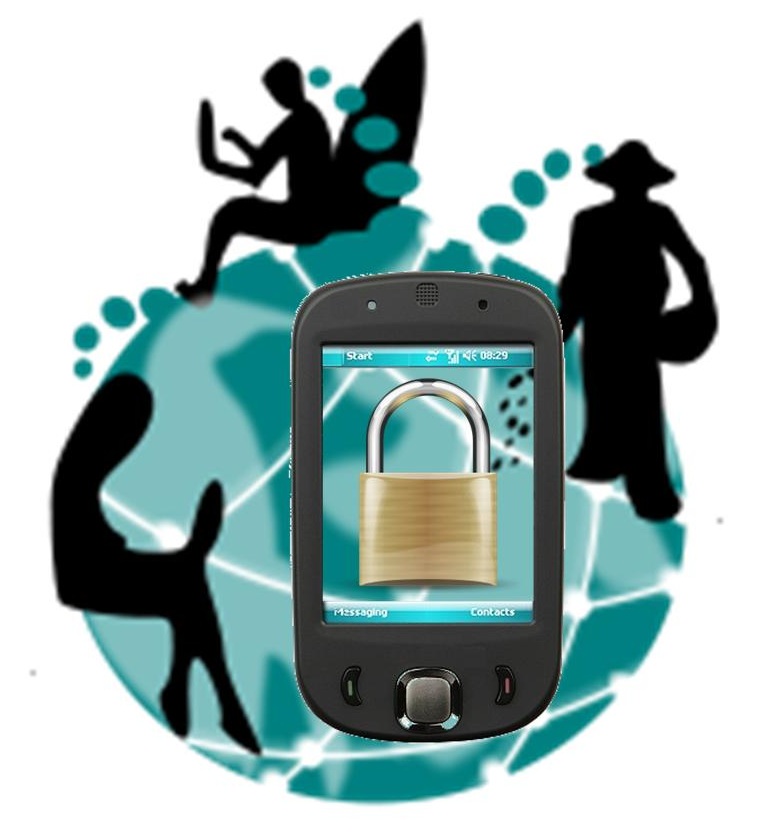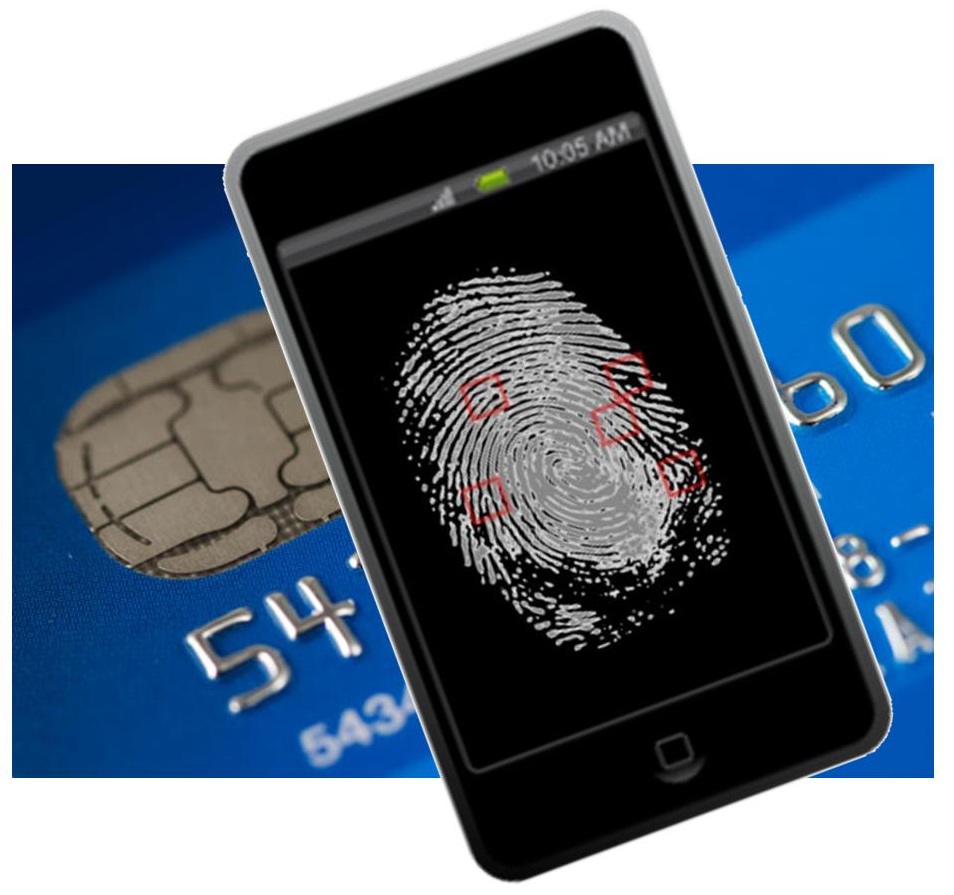 Mobile security is becoming more important
Mobile security is becoming more important
Security has become one of the most important aspects of the digital world. Much of the modern world has some tie to the Internet or otherwise relies heavily on technology that draws resources from the digital world. Because of this, security has become a top priority, especially as hackers and some malicious parties become more popular. IDC, a leading research firm, suggests that security is on the verge of becoming a very lucrative market, especially in the mobile space. Mobile security has become a major concern for many businesses and consumers over the past few years.
Hackers represent a new breed of thief
There are threats that exist in the digital world that are very unlike those that exist in the physical world. In the physical world, a criminal can steal physical properties, with varying degrees of success. In the digital world, however, there are no physical properties. Instead of stealing a purse or a mobile device, a hacker can steal something much more valuable: Information. Financial information, in particular, is highly prized among so called cybercriminals. As more consumers come to rely on their mobile devices to traffic such information, mobile security is becoming more important.
Security market expected to hit $870 million by 2017
According to IDC, the global market for security solutions will reach $870 million by 2017. Mobile security, in particular, is expected to be a powerful force in the security market. Hackers and other groups are beginning to focus more intently on the mobile space, largely due to the amount and kind of information that can be found on a mobile device. Until very recently, mobile security had not been an issue for consumers or businesses. This has left the mobile space with limited options regarding security and with lackluster awareness concerning the threats that exist in the digital world.
Awareness may be a significant problem for mobile security
Awareness is perhaps one of the greatest challenges currently facing the realm of mobile security. Many consumers know that threats exist in the cyber world, but not how they can protect themselves. Moreover, many consumers consider themselves invulnerable to these threats or think that their mobile device is too advanced to be susceptible to malicious attacks. Without appropriate awareness concerning mobile security, many consumers may be exposing themselves to significant risks.

 Security becoming a more serious concern as mobile payments grow in popularity
Security becoming a more serious concern as mobile payments grow in popularity